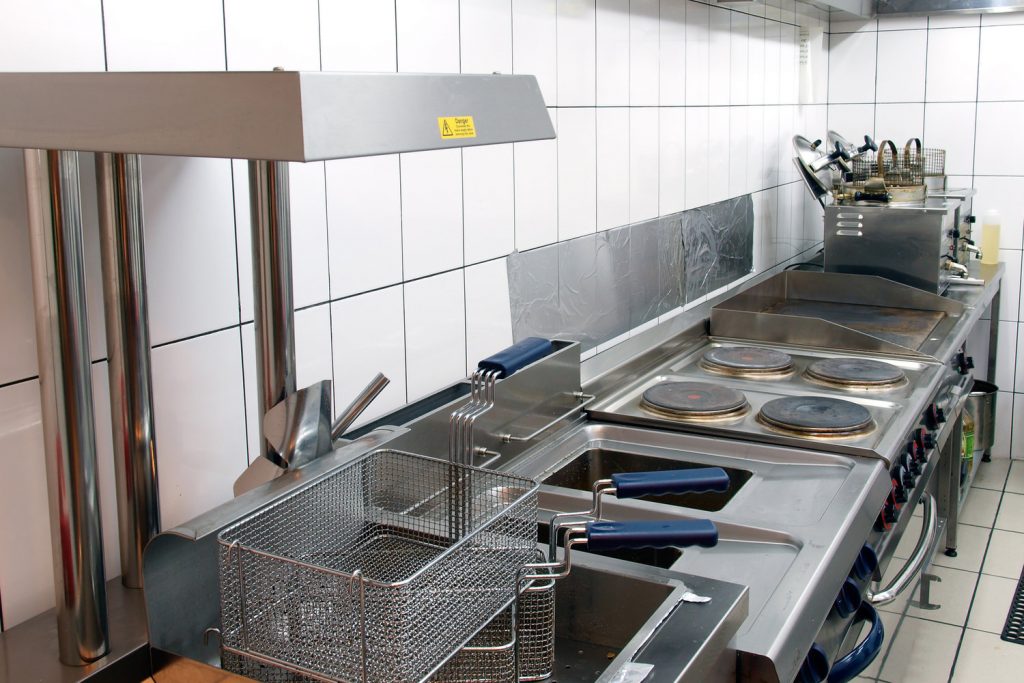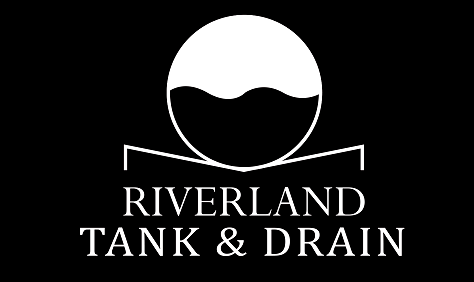

Keeping up a hygienic operation is crucial for all commercial establishments, and for a restaurant, the cleanliness of all areas can either make or break its success as an eatery. All areas of an eatery should receive regular and thorough cleaning from the local drain and pipe experts too; this can be tricky in a large kitchen that houses industrial-sized equipment that is constantly in use. However, we must emphasise that grease trap cleaning is one of the most important things you can do for your daily operations. Your grease trap is a receptacle which is supposed to catch unfriendly substances that may flow out with wastewater. The trap will collect these substances before they can cause any damage and allow the clear water to escape. If you fail to clean the trap, you’ll have a whole host of problems on your hands, and we’ll explain them to you below…
Grease trap cleaning is often neglected for many reasons. The first and most common is because they are out of sight and out of mind. The next concern is that removal and cleaning is not a pleasant activity, and therefore, many local businesses put it off until absolutely necessary. Grease traps are a necessity in all types of food cooking facilities because they prevent fats, oils, and grease (also known as FOG) from entering the drainage system. On average a single-stage grease trap will retain between 50% to 90% of the FOG that enters the trap.
How often should I clean my grease trap?
Grease trap manufacturers, and most local city councils, recommend that the trap be cleaned once per month. Monthly servicing ends up being the typical service interval due to regulations. Manufacturer technicalities stipulate that your grease trap should be cleaned when the grease fraction reaches 25% of the volume of the entire trap’s tank. Once you reach this level, you risk a greater degree of grease flowing downstream into your drainpipes.
Failing to clean your grease traps can result in compromised hygiene. Grease traps that aren’t regularly cleaned can become a health hazard to staff and patrons. Traps full of fat, oil and grease attract unwelcome guests in the form of flies, cockroaches, and rodents. In addition, traps that have a substantial build-up of fatty deposits are incredibly difficult to clean, and often become inefficient as a result of blockages.
Signs that my grease trap needs cleaning
You can easily spot two very clear signs that your grease trap needs to be cleaned. The first sign is when you start seeing bugs, critters or flying insects around the openings of your open drains. Next, you need to sniff out any unusual or strong odours because they could indicate a build-up of smelly bits in the pipework. Both of these things are very obvious and can even be an inconvenience for the people on the property.
These solid bits can block full flow capacity in the drainage system, decrease water flow and eventually lead to clogs as well. Regardless of if you are able to spot the signs or not, you should aim to keep up a maintenance schedule to check for trapped fats and oils in your plumbing. This can also help you quickly determine if you need to expand your grease trap system or not. It may be time to replace it with a bigger capacity unit in cases where you need very frequent cleaning.
Invest in regular cleaning to stay compliant
Among many other guidelines in Southern Australia’s food business info page, there are many waste and grease trap rules that business owners are unaware of. This will outline that your grease trap can only be cleaned by a qualified and certified cleaner. In other words, if you’re removing the fat, oil and grease from your grease traps yourself, you’re inadvertently breaking the law – putting your whole operation at risk in the process.
Grease trap servicing
To truly understand how often your grease trap needs the attention of a Renmark drain expert, you need to consult with a professional who can give you better guidance than the advice written here. You may need it more frequently than what’s been mentioned here if you run an all-day professional kitchen, bar or restaurant. They’ll need more frequent cleaning to help manage the flow of fats and oils into the pipework. You can call us for commercial needs in Winkie, Monash, Loveday and Loxton.
 Christmas Trading Hours
Christmas Trading Hours 
